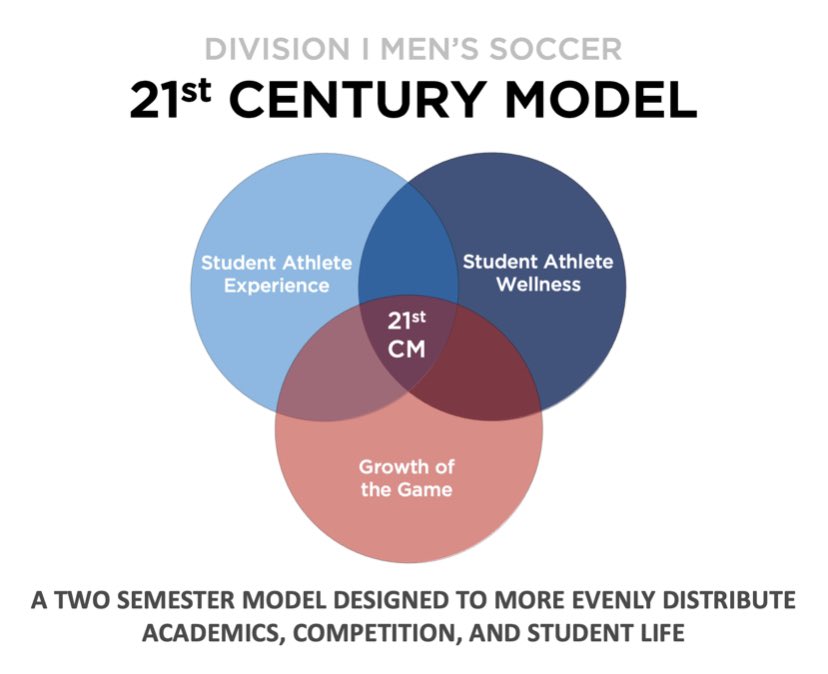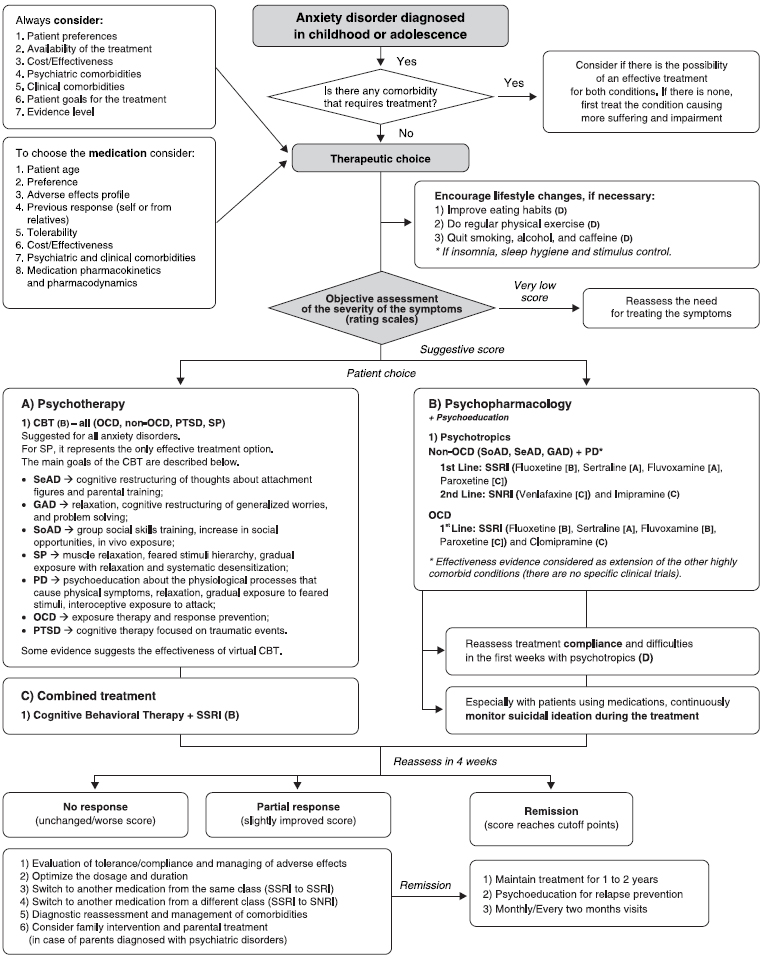Ignoring your partner
Giving your partner the silent treatment isn't harmless — it can be devastating
They say silence is golden, but when it's your partner freezing you out, it can feel anything from awkward to devastating.
The silent treatment, also known as stonewalling, is when a "listener withdraws from an interaction, refusing to participate or engage, essentially becoming unresponsive," explains John Gottman, world-renowned psychological researcher.
It can be used to avoid conflict, but it can also have more sinister motives — like control and punishment.
"Stonewalling is under the heading of psychological and emotionally abusive things to do," says Elisabeth Shaw, CEO of Relationships Australia NSW.
Please be warned, this article refers to psychological and emotional abuse that could be triggering for some people.
Even if the intent to hurt isn't there, she says the silent treatment can have "torturous and upsetting" consequences for the recipient, and becomes of real concern when it's repeated behaviour.
It can happen in workplaces and friendship groups too, but we're focusing on romantic relationships.
If you're on the receiving end of the silent treatment and don't know what to do about it, this article is for you.
If you're in a relationship involving violence, the information in this article may not apply to you.
"In relationships that generally seem to be safe, the silent treatment is an example of very poor emotional regulation and poor conflict management," Ms Shaw says.
"When it happens in domestic violence situations, it is generally part of a strategy of control and will often occur alongside other psychological and physically damaging behaviour, and you need professional intervention for this to change."
Coming back to one another after time to cool off is healthy.(Pexels: Juan Pablo Arenas)Whatever the motivation for the silent treatment, psychologist and relationship therapist Sian Khuman says it's "one of the most extreme ways of expressing your emotions".
Ms Shaw says it usually occurs when someone becomes "triggered and flooded with emotion".
The person on the receiving end will almost always view it as a form of punishment which can be "torturous", she adds.
Telling a partner you need a certain amount of time out to cool off or collect your thoughts is not considered stonewalling, because you have given the "silence" an explanation and timeframe.
As punishment
"As a form of control and punishment, there is certainly an element that is quite sadistic," Ms Shaw says.
Psychologist Karen Gonsalkorale from the University of Sydney has researched the broader topic of ostracism, of which the silent treatment falls under.
She says when people are asked "Why did you give the silent treatment?", the common answer is "I was punishing them".
To avoid conflict
Participants in Dr Gonsalkorale's research also cited avoiding conflict as a reason for ignoring their partner.
"Sometimes they say 'I wanted to stop it from escalating, there was conflict, it was getting out of hand — I needed to withdraw'."
That's true in Ms Khuman's experience with clients also: "The argument is getting heated and they want to shut it off and stop it."
A symptom of shutting down
Other people simply become "frozen in silence", according to Ms Shaw.
"I've worked with people who just feel so locked into their upset or own reactivity generally that they actually find it hard to speak.
"Even if they know their partner is suffering, they can't get over it."
What is harmful about stonewalling is the person who is silent has more of the power, explains Ms Khuman.
"They are the one that is deciding when the relationship will come back into connection. That's why it is harmful for the relationship, it's an imbalance of power."
It becomes a real problem when it's a pattern and is unexplained, Ms Shaw says.
"And the person generally doesn't take responsibility for it and acknowledge it's a problem. "
"
According to our experts, recipients of stonewalling may experience:
- Emotional pain
- Reduced self-esteem
- Feeling like they have no meaningful existence
- A loss of control
- Feeling rejected.
University of Sydney research found in "extreme cases of repeated ostracism", recipients can report depression, eating disorders and attempted suicide.
- 1800 RESPECT national helpline: 1800 737 732
- Men's Referral Service: 1300 766 491
- Lifeline (24-hour crisis line): 131 114
- Relationships Australia: 1300 364 277
People copping the silent treatment often try to win the person over, and feel further hurt when they don't succeed, Ms Shaw says.
"If you know your partner is locked into negative feelings, extending some sort of olive branch once can be helpful," she says.
"But if you are taking responsibility for winning them over that is not a role you want to play long-term."
She suggests demonstrating you're open by saying something calmly like "I'm feeling affected by how you're handling what happened, and I'd like it to stop and for you to come back to me and talk about this".
"It's a part of setting a boundary."
If the person continues to freeze you out, Ms Shaw recommends self-care.
"It may be better to say to yourself, 'I've done what I can and I now need to turn attention to myself so I'm not tortured by this'."
You may need to reach out to other loved ones or a professional for support, Dr Gonsalkorale says, because your partner cannot provide that while stonewalling you.
"Sometimes people giving the silent treatment are so well practiced at it, it doesn't matter what you do, they are calling the shots. "
"
If the silent treatment is a pattern in your relationship that either of you are finding hard to break, all of our experts recommended seeking couples' or individual counselling.
Posted , updated
The Surprising Truth About The Silent Treatment
by Karen Young
2,770,217
VIEWSThe silent treatment is a way to inflict pain without visible bruising – literally.
Research has shown that the act of ignoring or excluding activates the same area of the brain that is activated by physical pain.
The best predictor of divorce isn’t whether a couple fights – arguments are inevitable – but how a couple fights. The key to being closer in the good times lies in the way a couple treats each other during the bad.
The silent treatment can tend to present itself as a response more fitting of the ‘high road’, one of grace and dignity, but research has shown it is anything but.
Kipling Williams, a Professor of Psychology at Purdue University who has studied ostracism for twenty years, explains, ‘Excluding and ignoring people, such as giving them the cold shoulder or silent treatment, are used to punish or manipulate, and people may not realise the emotional or physical harm that is being done.’
The ability to detect ostracism is hardwired in us – it doesn’t matter if you’re being ignored by a group or a person you can’t stand, the pain still registers.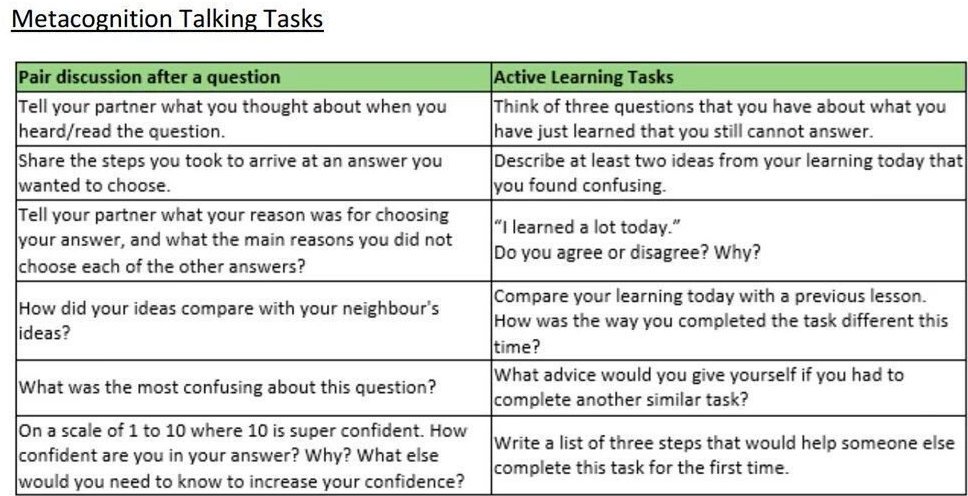
The silent treatment, even if it’s brief, activates the anterior cingulate cortex – the part of the brain that detects physical pain. The initial pain is the same, regardless of whether the exclusion is by strangers, close friends or enemies.
The silent treatment happens when one partner pressures the other with requests, criticism or complaints and the other responds with silence and emotional distance.
Paul Schrodt, PhD, Professor of Communication Studies reviewed 74 relationship studies which involved more than 14,000 participants.
Findings from his in-depth analysis revealed that the silent treatment is ‘tremendously’ damaging to a relationship. It decreases relationship satisfaction for both partners, diminishes feelings of intimacy, and reduces the capacity to communicate in a way that’s healthy and meaningful.
‘It’s the most common pattern of conflict in marriage or any committed, established romantic relationship,’ says Schrodt. ‘And it does tremendous damage. ’
’
It’s an incredibly hard pattern to break because both partners lay the blame at the feet of the other.
‘Partners get locked in this pattern, largely because they each see the other as the cause,’ explains Schrodt. ‘Both partners see the other as the problem.’ One partner will typically complain that the other is emotionally unavailable. The other will accuse his or her partner of being too demanding or critical.
When couples become locked in this ‘demand-withdraw’ pattern, the damage can be both emotional and physiological include anxiety and aggression as well as erectile dysfunction and urinary and bowel problems.
It doesn’t matter which partner demands or which one withdraws, the damage to the relationship is the same. It’s the pattern itself that’s the problem, not the specific partner.
The silent treatment should not be confused with taking time to cool down after heated or difficult exchange. Williams suggests that instead of reverting to the silent treatment, try ‘I can’t talk to you right now, but we can talk about it later.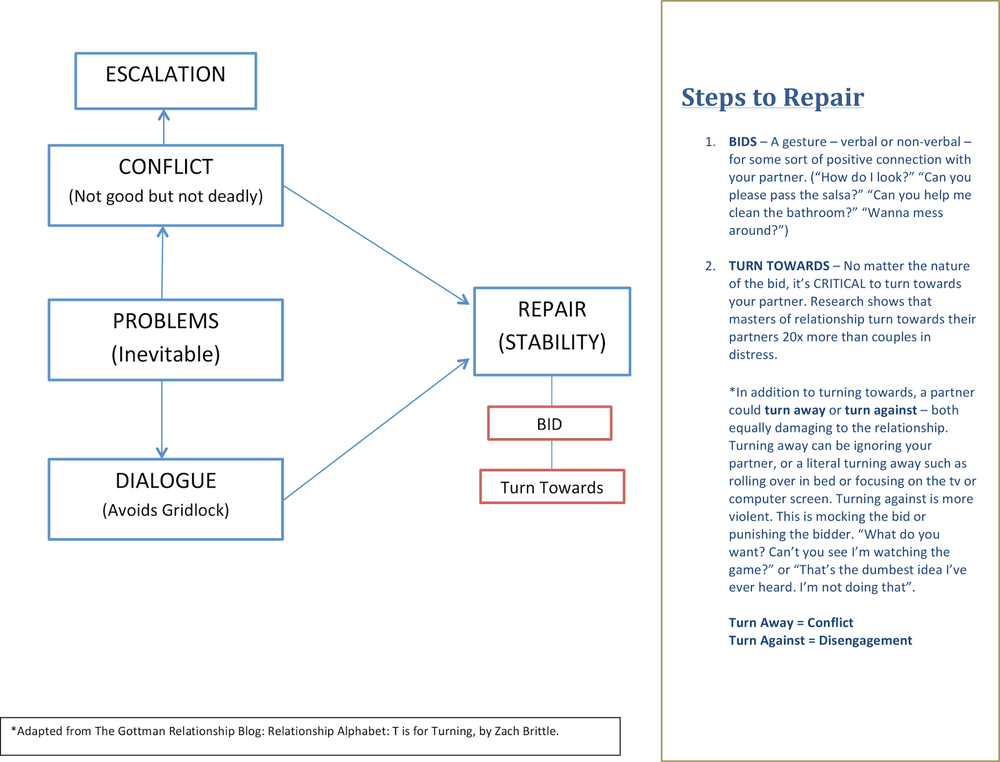 ’
’
Nobody engages the silent treatment expecting it to damage the relationship, and that’s the danger.
Generally, it’s called on as the weapon of choice because it’s powerful and it’s easy to get away with. There is nothing subtle about a physical or verbal lashing, but an accusation of the silent treatment, ‘Are you ignoring me?’ can easily be denied.
Silence can feel like a dignified, high road response but it’s not. It’s a way to inflict pain but without the physical marks.
Being noticed is so close to being loved, that sometimes they feel the same.
Being ignored is just as powerful.
[irp posts=”810″ name=”Fighting Fair in A Relationship: How to Get What You Need and Stay Close While You Do It”]
Is ignoring psychological manipulation? - Knife
Out of the conflict, I won't be back soon
an employee of projects that help victims of domestic violence: "You Are Not Alone" and "Fortress".
- This concept denotes not isolated cases, but a pattern, a regular way of behavior. This form of passive aggression is qualified in psychology as emotional abuse.
Initially, in English, the term withholding (emotional withdrawal or restraint) was used to denote the refusal of sex with a regular partner without explanation. However, sexual abstinence because one partner doesn't feel comfortable or doesn't trust the other is a healthy form of boundary building. Unlike emotional abuse.
Daria and her boyfriend moved in almost immediately after the start of the relationship. Three months later, Kirill began to ignore her - he could sit down for breakfast without waking Daria, go to a work meeting without informing her about it, neglected joint leisure.
“At first I silently agreed with what was happening. Then she began to ask if he wanted to go for a walk, eat, lie down, watch a movie together. As a rule, he refused, referring to the fact that his life cannot revolve around me. The time he spent on me turned into "in between". And if I wanted to be with him, then I could only accompany him from home to the meeting place with a business partner, ”says the girl.
The time he spent on me turned into "in between". And if I wanted to be with him, then I could only accompany him from home to the meeting place with a business partner, ”says the girl.
“The worst thing happened when he stopped sleeping with me,” Daria continues. - He also stopped kissing and touching. At all. He deliberately did not notice my attempts to seduce him. When I asked a direct question, he replied that this topic was not worthy of discussion: “Let's talk about something useful. Let's discuss politics, for example. I have a lot of other interests besides sex and even more so finding out the relationship.
At first, Daria reacted calmly, according to the principle "if you don't want to talk, we won't."
“Then my anxiety started to grow: he pulls away — I’m scared — I get turned on — I chase him and ask more and more questions. Later, I started crying, screaming and literally stamping my feet like a small child in a supermarket,” the girl says.
- I just wanted to talk, and he literally walked out of the conflict into the street. I threw his things out of the window and once threw a glass teapot at him. The teapot broke on his knee, pieces of glass left scars on his legs.
I threw his things out of the window and once threw a glass teapot at him. The teapot broke on his knee, pieces of glass left scars on his legs.
I felt very lonely, I started feeling sorry for myself and scolding myself. I was sure that he was ignoring me because I deserve it. I was ashamed of myself and it seemed that it would always be like this.”
The victim of withholding is often accompanied by the feeling that he is banging his head against the wall. As a rule, the manipulative partner is ready to do everything in his power to solve the problem, but feels that he is the only one who cares. He has only one goal - to prevent a loved one from pulling away and leaving forever. He is ready to solve the problem at any cost - and often pays with self-respect and personal boundaries.
Faced with being ignored, many cannot bear the tension and initiate contact even more intensely. In response, the withholder feels cornered and becomes even more secretive. Another scenario: the victim retreats and begins to ignore in response. This may bring victory in the battle, but not in the battle: people who ignore each other will never agree.
This may bring victory in the battle, but not in the battle: people who ignore each other will never agree.
Wisholding can be confused with gaslighting or ghosting. But it's not the same thing. Gaslighting is an expression of doubt about the adequacy of a partner, his mental health. When a person talks about something important for him, he is faced with total devaluation: “it seemed to you”, “again you are inventing”. In situation hosting the partner simply disappears from the relationship: without warning, blocks in social networks, adds the number of the former / former to the black list. Ghoster's strategy is to run away.
In the case of holding , the aggressor devalues the addressee: “You are not there, your feelings and problems are not there, there is nothing to talk about.”
According to Anna Brovko, visholding arises not only in romantic relationships between partners and spouses. Parents, friends, colleagues and business partners can manipulate. Development always follows the same scenario - a constant exit from communication when trying to discuss something problematic (transfer to another topic, putting on headphones, leaving the room, covering ears with hands, etc.). When you try to talk again, the scheme is repeated or the manipulator chooses a different way of destructive response. The result is also the same - they left the topic, the problem was not resolved, the responsibility was shifted to the victim.
Development always follows the same scenario - a constant exit from communication when trying to discuss something problematic (transfer to another topic, putting on headphones, leaving the room, covering ears with hands, etc.). When you try to talk again, the scheme is repeated or the manipulator chooses a different way of destructive response. The result is also the same - they left the topic, the problem was not resolved, the responsibility was shifted to the victim.
The same person can play different roles in a withdrawing situation. For example, in a relationship with a mother or boss, he will be a victim, and in a relationship with a friend where he feels superior, he will be a manipulator.
Defense and offense
Anna Brovko explains that people with a narcissistic personality type are most often inclined towards holding. Narcissistic personality disorder in its purest form is quite rare, but its individual features are quite common.
“Often the author of passive aggression is a person with narcissistic traits,” says the psychologist.
- He does not believe that he is obliged to bear responsibility for his words, actions or inaction. A narcissist can recognize a partner's emotions but doesn't consider them important."
In addition to narcissistic disorder, there are other reasons why people withdraw from the problems of their loved ones. For example, a person with low emotional intelligence may find it difficult to recognize a partner's emotions and respond accordingly. In response to someone's attack, he keeps silent, not understanding the nature of the interlocutor's indignation.
Another reason - one of the partners behaved this way before, and he reproduces this behavior.
“For example, he was manipulated by his parents or previous partners. Such a person may decide this time to become a manipulator and not a manipulated one. This is a defense mechanism for one partner, but extremely destructive for the other,” explains Brovko.
In addition, emotional closeness may be the result of previous relationships in which trust has been broken.
 And now the person has decided not to reveal himself to anyone, following the principle " if you don't have an aunt, you won't lose her."
And now the person has decided not to reveal himself to anyone, following the principle " if you don't have an aunt, you won't lose her." So-called wounded warriors often come across as cold and indifferent. But this is just a defense mechanism.
Another heroine of this text, Kristina, confessed to manipulating her partner. She avoids discussing any sensitive topics and talking in raised tones - Christina cannot stand screaming. A girl can close when the conversation reaches a dead end, and this tires her.
“Usually, when I do this, my partner gets anxious. At this moment, although I am ashamed to admit it, I calm down. My manipulations give us the opportunity to talk normally, as if this is the final point of the conflict,” the girl says. - A few years ago, I pretended to leave, dressed and grabbed the keys, and my partner always stopped me. Now I don't do that. And then I still didn’t understand what I was feeling at these moments and why, but the partner’s attempt to keep me always brought me satisfaction. As a child, I left home - and my mother never caught up with me. Perhaps I somehow reproduced this in my relationships: my inner child is looking for unconditional acceptance and understanding.
As a child, I left home - and my mother never caught up with me. Perhaps I somehow reproduced this in my relationships: my inner child is looking for unconditional acceptance and understanding.
When Christina withdraws into herself and goes into another room, after a while her partner comes after her and asks to talk. “I feel a pang of conscience that I have chosen this pattern of behavior again. But at the same time, I also feel joy, because the intensity of passions is dying down and we can constructively discuss the conflict. I know that the first step is difficult for him, and in general he endures ignoring very hard.
She understands that such behavior is risky. “When they run after me or try to talk, I understand:“ Everything is OK, they love me, I’m safe. But if a partner gets tired of these games or is not in the mood to go for reconciliation, I feel rejected, insecure and not accepted. The brain seems to say: "This is the end, he does not love me." And it’s difficult to cope with this feeling, ”Kristina admits.
As soon as one participant in a relationship becomes dependent on another, he is denied the right to express any emotions.
After repeated attempts to “sit down and talk”, the victim of visholding develops a feeling of internal devastation and guilt, apathy, and sometimes depression.
Anna Brovko says that the aerobatics of a manipulator is to make the victim put himself under attack. That is, a person subjected to withholding begins to “gaslight” himself, changing his perception of the situation.
“I feel hopeless and desperate because I can't listen and hear, and it's important that I'm right,” says Christina. - After conflicts, I am emotionally exhausted, it is difficult for me to make any bodily contact, I think and scroll a lot. The most difficult thing is the realization that I am not the easiest partner in a relationship.
Mom is anarchy
Daria suggests that Kirill's emotional closeness was caused by a lack of love in childhood, a desire to deserve it, and an incredible fear of losing closeness. Mom demanded from him to be strong and independent, and she was stingy with manifestations of love and care. Once he confessed to Daria that he had a very difficult relationship with his mother, and Kirill often wanted her to just hug him. “His tendency to ignore is the result of all his experiences,” says Daria.
Mom demanded from him to be strong and independent, and she was stingy with manifestations of love and care. Once he confessed to Daria that he had a very difficult relationship with his mother, and Kirill often wanted her to just hug him. “His tendency to ignore is the result of all his experiences,” says Daria.
Anna Brovko considers a silent boycott in parent-child relationships to be the most terrible punishment for a child.
“At such moments the child feels abandoned. And it doesn't matter that the parents continue to feed and clothe him. In children's logic, this means - "I will not survive alone." Another option is to postpone the conversation indefinitely. “I don’t want to talk about it”, “come on later”, “I have no time, I’m very busy” - the child sees that his problems are not important, which means that he himself is not important. If the parents agree to talk, but instead of listening, for example, scrolling through the social network feed, they make it clear that they do not care about the child.
They don’t say it out loud, but children read such messages very quickly.”
Further relationships are influenced not only by communication between parents and a child, but also between two parents.
If a child regularly witnesses quarrels between parents in which one wins with the help of silence, he can copy the behavior of one of them and in the future become either a manipulator or a victim.
In any case, being raised by emotionally closed parents can lead to the development of coping patterns that a person relies on to cope with emotional pain in adulthood.
“Family conflicts have been hushed up in our childhood. If my sister and I quarreled, we were sent to the nursery - figure it out for yourself, - says another victim of visholding, Olga. - There was no culture of negotiations: to listen, to name feelings, to regret. Mom and dad never quarreled in front of the children. But there was a lot of unspoken between them, and it was in the air. I remember the feeling of constant anxiety: why is dad angry and breaks down? Why is mom lost? What did I do wrong? And why will I fly in the next minute?"
I remember the feeling of constant anxiety: why is dad angry and breaks down? Why is mom lost? What did I do wrong? And why will I fly in the next minute?"
Later this pattern was repeated in the relationship between Olga and her husband. Igor began to ignore her after six months of relationship, when the period of falling in love passed. Instead of talking about problems, they began to swear. “Igor avoided discussing a variety of topics: my jealousy, his relationship with alcohol and with children from his first marriage, processing,” says Olga.
A typical scheme for the development of conflicts in their family was as follows: “For example, I don’t like that my husband brings work home and answers work messages on weekends. I ask him to correct his behavior.
He starts to leak: do not answer my request with either "yes" or "no", or says: "I'll try, maybe, probably."
Sometimes Igor physically withdraws from the conversation - he can go to the toilet without warning or just turn away and start washing the dishes.
Now Olga and Igor are undergoing psychotherapy, thanks to which it became clear where the legs grow from: “My husband has a domineering, authoritarian mother, who suppressed the “I” and “want” in him, instilled a sense of guilt. In our relationship, I am a projection of his mother. On the one hand, I can be warm, loving, gentle - a kind of ideal mom. On the other hand, authoritarian traits appear in me, the desire to push through and impose. Now our task is to get out of this model and build relationships on an equal footing as adults.”
Don't be silent on me
Withholder has been fenced off from the outside world by an impenetrable wall for so long that this protection becomes his own prison. Due to manipulative behavior, the value of relationships is lost, trust in the partner is lost. The hardest part is admitting your destructive behavior. In the case of a person with a narcissistic personality type, it is almost impossible to achieve changes, says Brovko: the narcissist is sure that his behavior is completely adequate to the situation and the partner. In other cases, a revision of the relationship can improve the situation - you need to find the facts of withholding on your part, and then turn to a psychotherapist for help. It will help to understand the causes of emotional abuse and options for getting rid of it. Sometimes the problem of withholding pops up while working on other topics with a specialist.
In other cases, a revision of the relationship can improve the situation - you need to find the facts of withholding on your part, and then turn to a psychotherapist for help. It will help to understand the causes of emotional abuse and options for getting rid of it. Sometimes the problem of withholding pops up while working on other topics with a specialist.
Faced with emotional closeness, Yulia admits that her husband ignored her when she talked about what is important for her: improving living conditions, expanding living space, educating a child. Everything that Yulia wanted to offer in these areas was cut down in the bud. Dmitry gave a short answer that “it won’t happen”, “I don’t want to” or “it’s impossible” - without any arguments, and, most critically, without seeking a compromise and trying to hear his wife.
“After that, I went and did everything myself in the hope that he would understand and appreciate. But this is an illusion, she says. - I thought that I was investing much more in these relationships, and this only increased my anger and resentment.
The more Dima refused to discuss anything with me, the more anger and impotence, turning into rage, covered me. I could even start yelling. And once I slammed the glass door so hard that my arm went into it up to the elbow. But even then, he continued to silently look at the monitor.
The hope that Yulia would one day be heard and appreciated did not die - it only increased her depression. “You seem to be knocking on a closed door. At first, you try with gentle persuasion and explanations, then you peck at her with hysterical fits, but they still don’t open it for you. After such quarrels, we could not talk for weeks. When the silence dragged on for six months, we divorced,” she sums up. For six years, Yulia and Dmitry have not lived together, but they continue to communicate, since they have a common child. Even after the divorce, their relationship did not improve. He may also not respond to Julia's messages and ignore her requests, although she has kept them to a minimum over the years.
The withholding cycle, left unresolved, turns into a pattern that can be repeated in every new relationship. To change the destructive pattern of conflict, both partners must first of all have the courage to identify what role they play in it and what motivates them to do so. As trite as it may sound, communication is the key to success. It is important that both are ready to talk honestly and without mutual accusations. Since no one can read other people's thoughts, it's worth starting by voicing the very fact of holding.
Next, Anna Brovko suggests acting according to the situation.
“If the partner does not accept your proposals, changes are impossible, and you need to get out of such a relationship. If the partner makes contact, you need to announce the conditions under which you are ready to stay. But this is not a guarantee of change, ”says the psychologist.
For the victim of withholding, the most important thing is her personal boundaries, psychological state and quality of life, and not the "treatment" of a partner from destructive behavior. And in most cases, the only way to take care of yourself is to get out of a toxic relationship.
And in most cases, the only way to take care of yourself is to get out of a toxic relationship.
Daria says that her relationship with Kirill reached an impasse and they broke up. “After three months of pain and loneliness, he returned, and we were forced to start talking. The conversation did not go well for another three months. All this time we tried to live apart and gradually spoke out our feelings, thoughts and fears. Now I have moved to another country, and he came to me. To be honest, I don't know what I would do without him. However, I am still reflexively afraid to look and be weak, in need of help and love. I still fear that I will be rejected and my needs ignored. I also fear that any other potential relationship with a man will inevitably be the same. I no longer believe in "happily ever after", but I know for sure that if there is a chance to fix something, it's only by talking."
Ignore as emotional abuse: why it should not be allowed | Actual
December 22, 2020 — 20:40
When a person ignores the feelings of a partner, he engages in manipulation to achieve his goals.
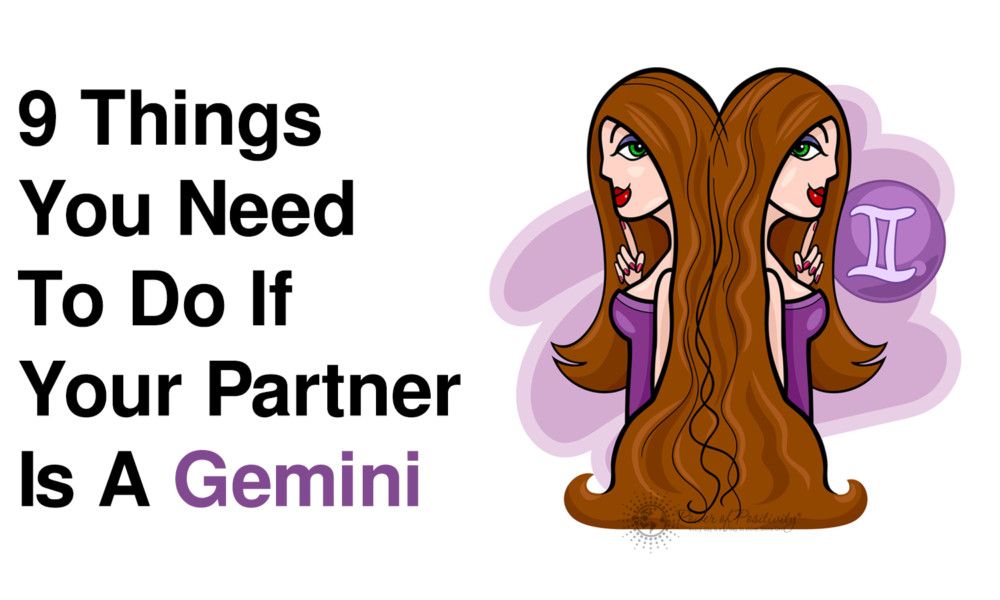 Why is this happening?
Why is this happening? To recognize ignoring , you need to listen to your feelings. If there is a feeling of guilt, anxiety, then your partner is fluent in the art of manipulation. The purpose of the manipulator is to make it clear to the ignored that he is not important and does not need him.
So he devalues you and your feelings, secretly wanting to get power over your behavior and mood. The victim starts to worry: what did I do wrong? The stronger the feeling of fear and panic, the more accurately the ignore worked. For a normal person, the lack of clarity in relationships equals anxiety. Silence scares and does not give confidence in the future.
Emotional neglect as a behavioral habit - a consequence of childhood traumas . If parents behaved this way with a person, he will try to compensate for this coldness by humiliating and ignoring others.
Ignoring between partners
If your spouse or loved one periodically behaves as if you do not exist, then you know what it is about. Trying to clarify the situation, you come across a wall of silence . Often this technique is used by women: a demonstrative pose and silence.
Trying to clarify the situation, you come across a wall of silence . Often this technique is used by women: a demonstrative pose and silence.
Ignoring relationships are toxic: it is difficult to adjust to someone's mood and discontent all your life.
Neglect between parents and children
Often manipulator is one of the parents. Children are very difficult to endure demonstrative ignorance, it is easier for them for their mother to shout, and not be silent for a long time. The dad may ignore the baby's requests, demonstrating that silence is a form of punishment.
Do not injure the child's psyche , because the child is not able to resolve the conflict himself, he suffers, does everything out of spite, withdraws into himself. The consequences come back to haunt adolescence.
Neglect between children or towards parents
By copying the behavior of parents, the baby may behave in the same way towards younger siblings. Manipulative categoricalness gives rise to destructive relationships between children: as adults, they are unlikely to want to be friends.
Manipulative categoricalness gives rise to destructive relationships between children: as adults, they are unlikely to want to be friends.
The baby may start to ignore the mother if her authority is not too strong. Ignorance is especially common in adolescence , when the mother tries her best to appease and understand the child, and in response she receives defiant silence.
Ignore between relatives
If there is a daughter-in-law or son-in-law in the family who did not come to court , they run the risk of getting a good portion of ignore. Their words and actions can be perceived by the older generation as "white noise", and any attempts to improve relations will be met with deathly silence.
In this case, the daughter or son must choose which side to take : parents or partner.
How to detect emotional neglect
Difficult to identify manipulative blackmail : those who practice it will always twist the situation so that the blame will be on you. He is silent, because, in his opinion, you are wrong, you behave in a wrong way, you do not comply with the requirements.
He is silent, because, in his opinion, you are wrong, you behave in a wrong way, you do not comply with the requirements.
Those who have been subjected to this form of violence often do not understand why they live in constant discomfort .
You are waiting for support - you get silence . The partner pretends that nothing terrible is happening. When you start a conversation with the aim of reaching out to the silent, you receive phrases in response: "Nonsense!", "You just have nothing to do!" Your emotional experiences are being ignored.
Substitution of your own feelings and concepts begins : “Why discuss something with you if you are not able to understand”, “Actually you are not feeling bad, you are inventing” . So you begin to believe that in fact you are always wrong and are not able to understand something important.
When you are in such a state, any "truth" can be imposed on you.
What to do
If you notice that you have become a victim of an ignoring manipulator, but attempts to speak frankly did not lead to anything, contact a psychologist for support .





